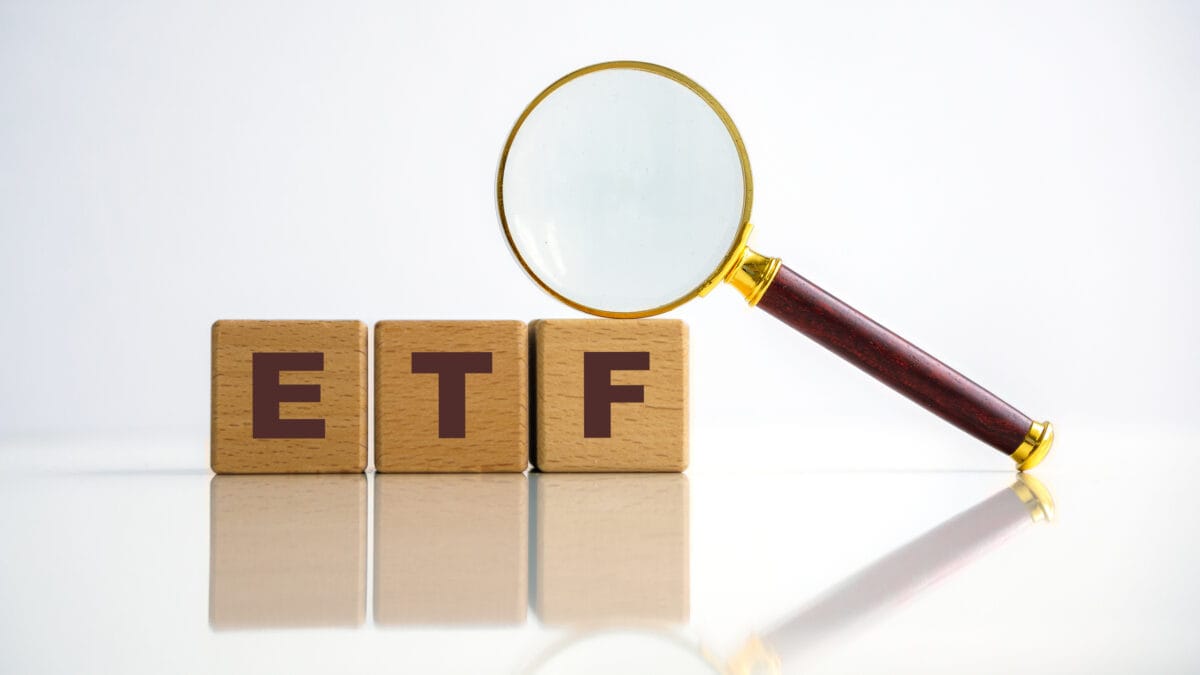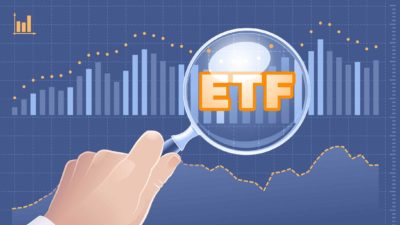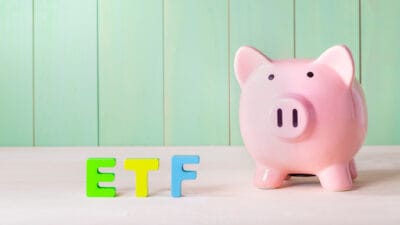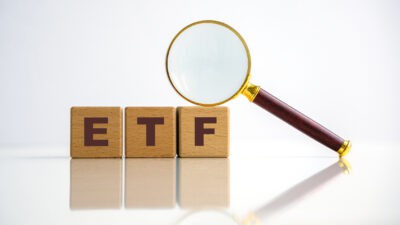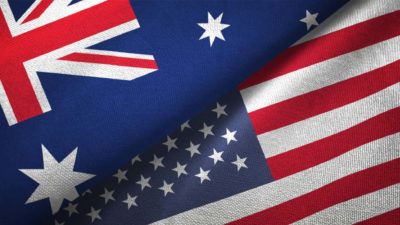Vanguard Australian Shares Index ETF (ASX: VAS) and Global X Fang+ ETF (ASX: FANG) are two of the popular exchange-traded funds (ETFs). But, they offer very different investment exposure.
The VAS ETF provides exposure to ASX blue-chip shares and the FANG ETF is invested in the US' largest technology companies. Specifically, the Vanguard Australian Shares Index ETF is invested in the S&P/ASX 300 Index (ASX: XJO), while the FANG ETF is invested in 10 tech and tech-related businesses.
Before deciding which one is better, let's look at the positives of each of these ASX ETFs.
VAS ETF positives
Owning this fund provides excellent market capitalisation-weighted exposure to the giants of the Australian share market including BHP Group Ltd (ASX: BHP), Commonwealth Bank of Australia (ASX: CBA), CSL Ltd (ASX: CSL), National Australia Bank Ltd (ASX: NAB), ANZ Group Holdings Ltd (ASX: ANZ), Macquarie Group Ltd (ASX: MQG), Wesfarmers Ltd (ASX: WES), Telstra Group Ltd (ASX: TLS) and the other 290+ names.
It is one of the cheapest ASX ETFs that provide access to the ASX share market, with an annual management fee of 0.07%, which is fairly close to 0%.
The Vanguard Australian Shares Index ETF could be a fairly appealing choice for investors looking for passive income because of the dividend yield of the underlying holdings. ETFs pass on the dividends they receive to the ETF's unitholders. According to Vanguard, over the past five years, this fund has provided an average distribution return of 4.4%.
FANG ETF positives
The businesses in this portfolio are among the world's most recognised and strongest, including Tesla, Apple, Amazon.com, Snowflake, Alphabet, Meta Platforms, Microsoft, Netflix, Broadcom and Nvidia.
These businesses are among the global leaders in their fields, including online video, smartphones, e-commerce, internet search, electric vehicles, social media, office software, email, computer chips, and so on.
At least one of these businesses is usually at the forefront of the latest global technological change.
Past performance is not a guarantee of future performance, but over the past three years, the FANG ETF has delivered an average return per annum of 18.3%.
Which fund I would buy
The VAS ETF owns 300 businesses, while the FANG ETF only owns 10. However, the FANG ETF is arguably more diversified because it generates its underlying earnings globally from a variety of different products and services. The ASX blue chips are focused on Australian (and New Zealand) operations, with financials and miners making up a large part of the industry exposure.
In my opinion, the FANG ETF could be a better pick because the businesses are of higher quality and deliver stronger earnings growth.
However, I think there is a place in a diversified portfolio for both investment choices.

